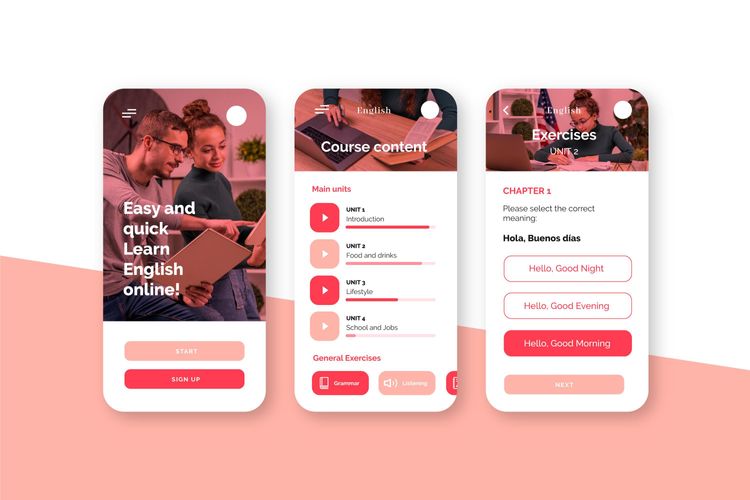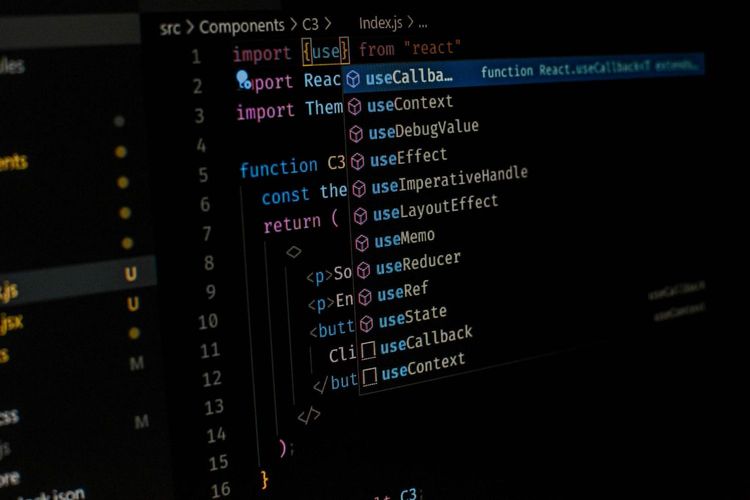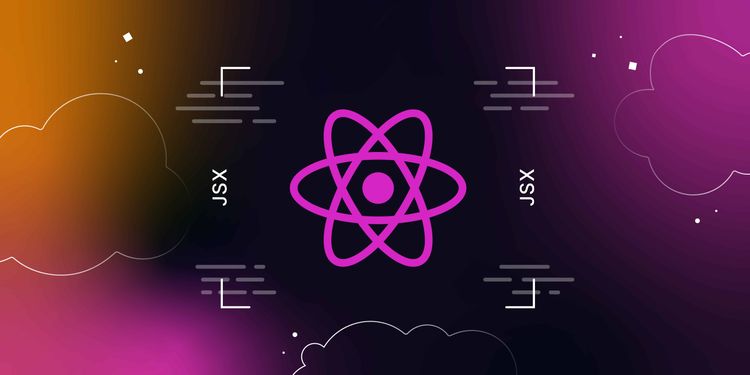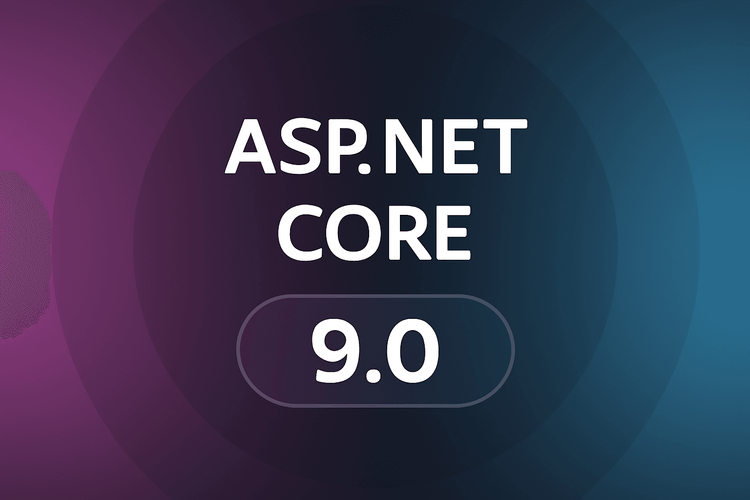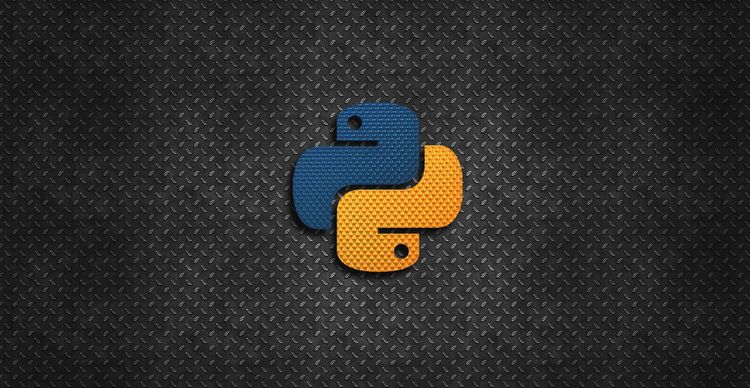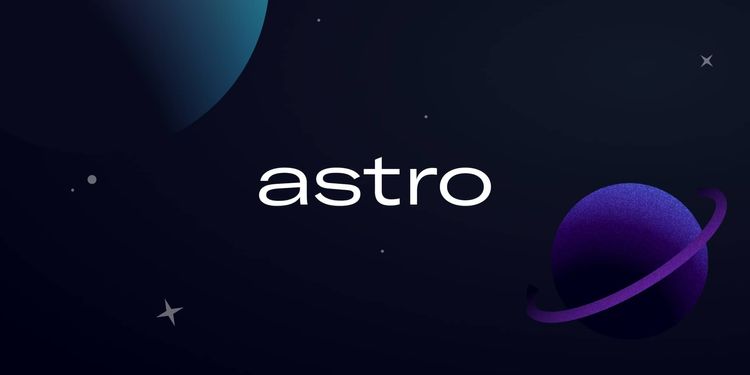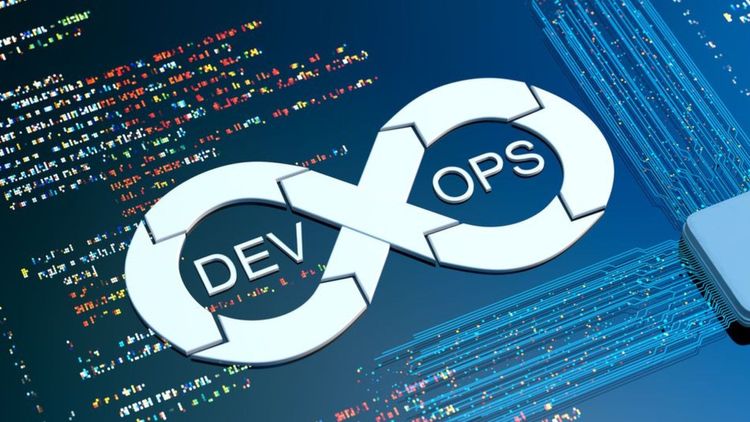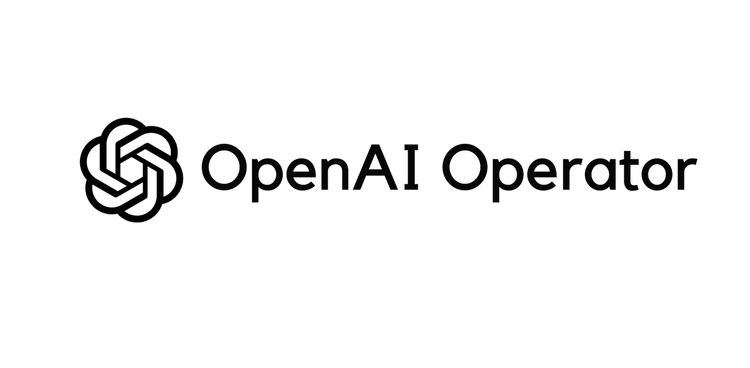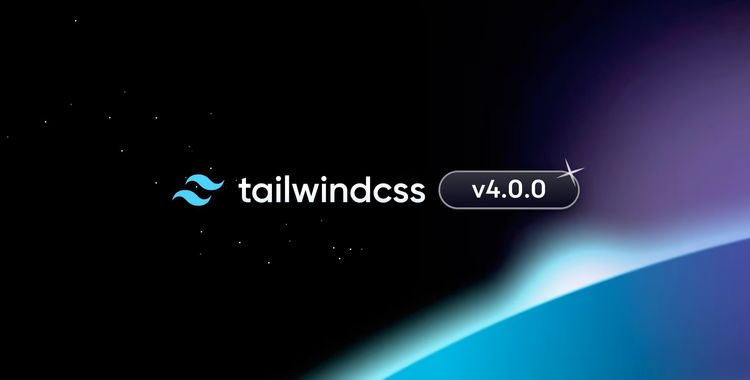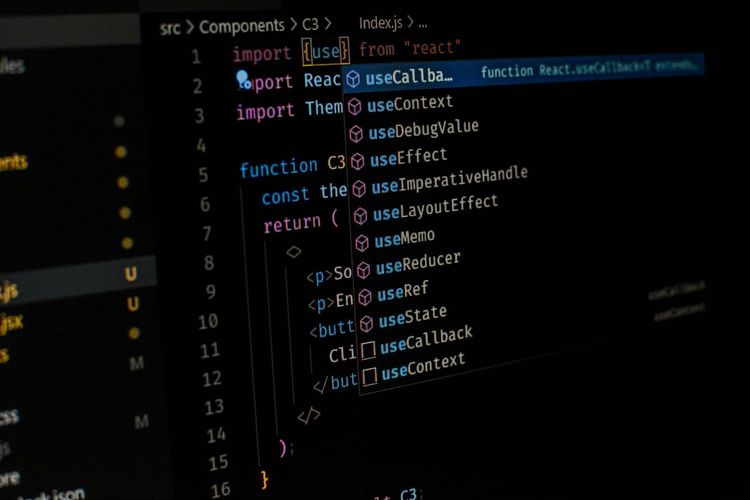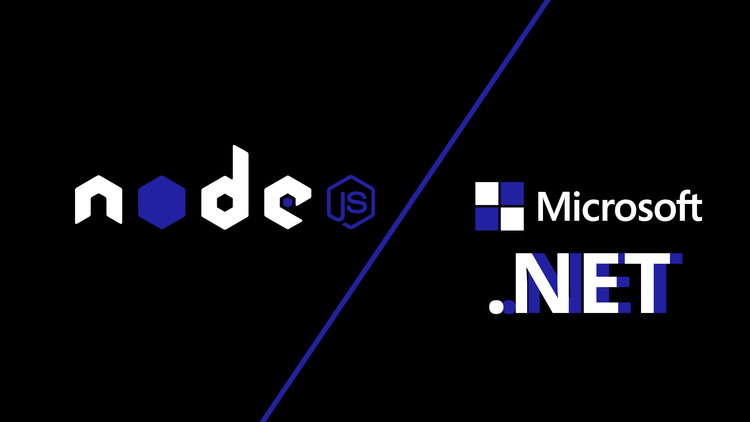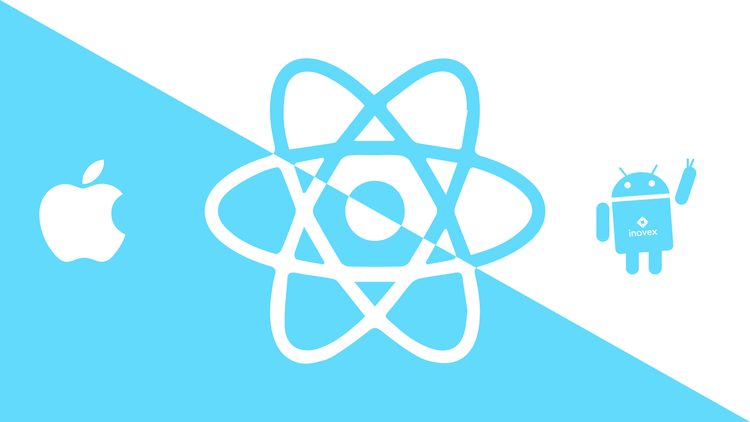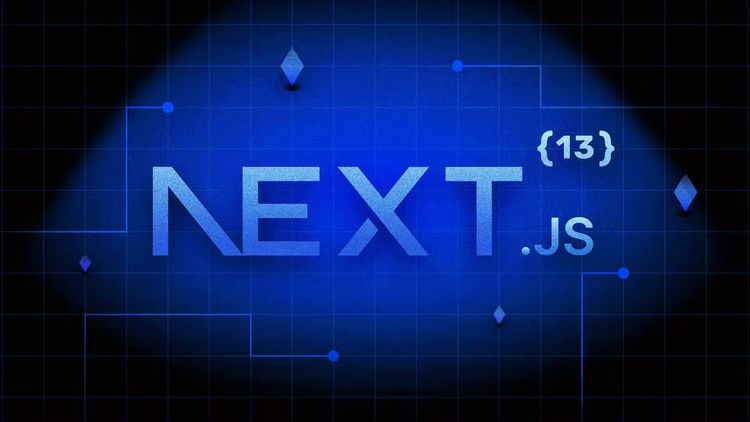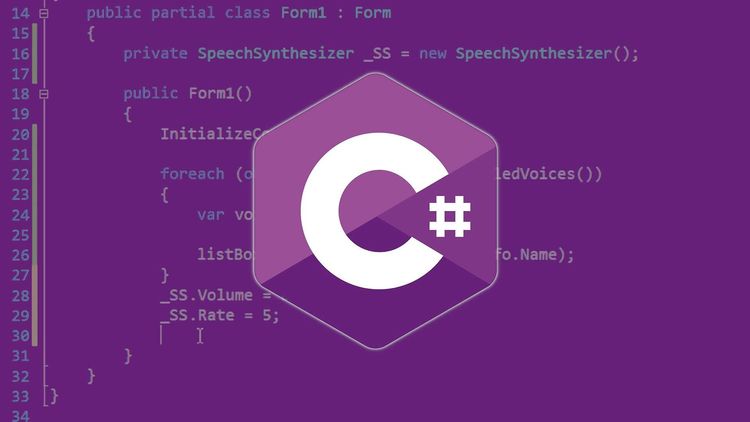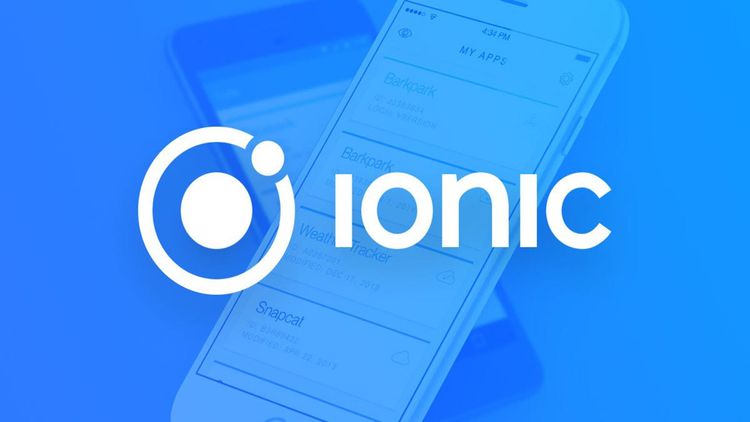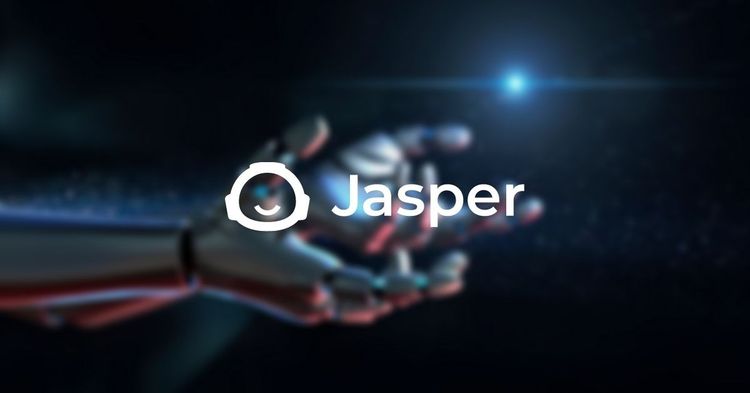In the digital age, programming has become an essential skill. With the emergence of new technologies and tools, knowing how to code is no longer a competitive advantage, but a necessity in many fields. Among the numerous programming languages available, Python has stood out significantly. This language, known for its simplicity and versatility, has become one of the most demanded competencies by employers across various industries. In this article, we will explore the various facets of Python that have positioned it as a leader in the job market and how learning it can transform your professional career.
The Ease of Learning Python
An Intuitive and Accessible Language
One of the most attractive features of Python is its easy learning curve. The clear and readable syntax of the language allows beginners to quickly grasp the basic concepts of programming. Compared to other languages, Python eliminates many complicated codes and cumbersome structures, making it easier to learn and apply.
The simplicity of Python is reflected in the way its commands are structured. For example, in Python, you can perform a simple mathematical operation with just one line of code. This accessibility is not only an incentive for new programmers but also allows experienced developers to focus on the logic of the program rather than spending time understanding the syntax.
Available Learning Resources
In addition to its ease of learning, the abundance of available resources is another factor contributing to Python's popularity. There are countless online education platforms, tutorials, books, and communities that make it easier for learners to acquire the necessary skills.
Some recommended platforms include:
- Coursera: Offers Python courses ranging from beginner to advanced applications, taught by renowned universities.
- edX: Similar to Coursera, edX provides access to courses from academic institutions worldwide, including specialized programs in data science and machine learning with Python.
- Udacity: Specifically focused on technology, Udacity offers programming courses and specializations in data science that use Python.
- Codecademy: This interactive platform allows users to write code in their browsers and offers practical exercises that help learners reinforce their knowledge.
Additionally, forums like Stack Overflow and networks like GitHub are key resources where developers can share knowledge, solve problems, and work on collaborative projects. These platforms provide an environment where continuous learning can take place, keeping you updated with the latest developments in Python.
Various Applications of Python
Attractive Web Development
Python has carved out a prominent niche in web development thanks to robust and popular frameworks like Django, Flask, and Pyramid. These frameworks enable developers to create web applications quickly and efficiently, providing tools and libraries that minimize development time.
Django: A high-level framework that promotes rapid and clean development. With its "batteries included" architecture, Django addresses many common concerns in web application creation, such as authentication, database management, and user interface design.
Flask: Unlike Django, Flask is a micro-framework that offers flexibility and allows developers to create lighter and more customized applications, perfect for simpler projects or rapid prototyping.
The combination of Python with technologies like HTML, CSS, and JavaScript allows developers to create fully functional and visually appealing web applications. Moreover, Python skills for web development are highly valued, given the growth of e-commerce and the digital transformation of businesses.
Data Science and Machine Learning
The Big Data revolution has led Python to become the preferred language for data scientists and machine learning experts. Thanks to its extensive ecosystem of specialized libraries, such as Pandas, NumPy, Matplotlib, and Scikit-learn, Python has established itself as the ideal tool for data analysis and predictive modeling.
Pandas: A fundamental library for data manipulation and analysis, enabling handling of data in flexible data structures, facilitating tasks such as data import, analysis, and cleaning.
NumPy: Used for numerical computing, it provides support for working with multidimensional arrays and performing advanced mathematical calculations, crucial for machine learning algorithms.
Matplotlib: Provides tools for creating data visualizations, allowing analysts to present information clearly and understandably.
Scikit-learn: One of the most used libraries for machine learning, offering tools for classification, regression, clustering, as well as methods for model validation and evaluation.
The use of Python in data science has grown alongside the demand for professionals who can analyze and extract value from large volumes of data. Companies are increasingly seeking employees who not only know how to program in Python but also understand concepts of data analysis and machine learning.
Automation and Scripting
Another prominent use of Python is its capability for automation and scripting. Due to its simple and powerful nature, many developers use Python to automate routine tasks, enabling them to save time and minimize human errors.
Python can be used to:
- Automate business processes: From report generation to database management, Python can make repetitive processes more efficient.
- Web scraping: Python, along with libraries like Beautiful Soup and Scrapy, is used to extract information from websites, facilitating online data analysis.
- Script development: Python scripts are used for daily tasks such as file processing, system administration, and communication between different applications.
The ability to automate tasks with Python not only improves efficiency at work but also leads to a more effective use of time, allowing professionals to focus on more strategic and less repetitive tasks.
Increase in Job Demand
Growth in the Tech Sector
The rapid advancement of digitization has led to an increasing demand for programming skills, with Python holding a prominent place in this landscape. According to various studies, job postings requiring knowledge in Python have significantly increased in recent years, often surpassing the demand for other programming languages.
This growth can be attributed to several reasons:
- Digital transformation: With more companies adopting digital technology, the need for developers who understand programming languages like Python has become essential.
- Constant innovation: The emergence of new technologies and approaches, such as artificial intelligence and data analysis, has fostered the need for Python skills in multiple industries.
Wide Application Across Various Sectors
Python is used in a wide range of sectors, meaning professionals with skills in this language have access to multiple career paths. Some of the industries that most demand Python programmers include:
- Financial Technology (FinTech): FinTech companies utilize Python for data analysis, modeling, and real-time transactions.
- Healthcare: Python is employed in healthcare data analysis, predictive modeling, and the management of databases that contain clinical information.
- Education: From online learning platforms to student management tools, Python is used to develop educational solutions.
- Gaming and Entertainment: Many gaming companies use Python for game development, prototyping, and automation scripts.
The diversity of sectors utilizing Python gives developers the flexibility to choose from various career paths, significantly expanding their job opportunities.
Advantages of Learning Python
Increase in Salary Potential
A significant aspect of learning Python is the positive impact it can have on your salary. Positions requiring knowledge of Python generally tend to offer competitive salaries due to the high demand for these professionals in the job market.
Market studies have shown that Python developers can expect considerable salary increases compared to those who do not have skills in this language. Depending on location and experience, salaries may vary, but many Python programmers enjoy compensation above the industry average.
Active Community and Support Resources
The Python community is one of the largest and most active in the programming world. This community not only provides great support to new developers but also fosters collaboration and idea sharing.
The benefits of being involved in the Python community include:
- Forums and discussion groups: Platforms like Stack Overflow, Reddit, and Meetup Groups are excellent places to ask questions, get help, and connect with other developers.
- Events and conferences: There are a variety of Python conferences and meetups worldwide where developers can learn about new technologies, share experiences, and network. Events like PyCon are especially popular among Python enthusiasts.
- Open source projects: Contributing to open source projects can be an excellent way to gain experience, improve skills, and connect with other developers in the field.
The Python community creates an environment of continuous learning, where both beginners and experts can grow and share knowledge.
How to Prepare to Learn Python
Set Clear Goals
Before you start your Python learning journey, it is crucial to set clear goals. Ask yourself the following:
- Why do I want to learn Python?
- Am I planning to use Python for web development, data science, automation, or another area?
- How much time can I dedicate to learning each week?
Having a clear idea of your goals will help keep you focused and motivated during the learning process.
Find the Right Learning Approach
Everyone has their learning style. Some people may learn better from reading books or technical documents, while others may prefer video courses or interactive tutorials. Experiment with different resources until you find what best suits your learning style.
Develop Practical Projects
One of the best ways to consolidate what you have learned is to apply your skills to practical projects. Choose a project that excites you, whether it is developing a web application, analyzing a dataset, or automating a process. Creating projects will significantly contribute to your development and give you valuable experience to showcase on your resume.
MitSoftware: Your Ideal Partner in Learning Python
If you are looking to learn Python effectively and in a structured manner, MitSoftware offers a variety of courses and resources designed to help beginners and experts master this powerful language. Our teaching methods cater to different skill levels and provide a practical approach that not only facilitates learning but also prepares students to face challenges in their professional careers. Join us and start your journey in the world of Python!
Final Thoughts
Python has established itself as a fundamental technical skill in today’s job market. With applications ranging from web development to data science, this language has proven to be versatile and powerful. Its ease of learning, combined with the growing demand in multiple industries, positions it as a critical skill for those looking to succeed in the tech world.
Learning Python not only opens the door to new job opportunities but also allows you to be part of a broader movement that is changing the way companies operate and make data-driven decisions. If you are looking to improve your technical skills and enhance your employability, investing time in learning Python is a strategic choice that will undoubtedly bring numerous long-term benefits.


